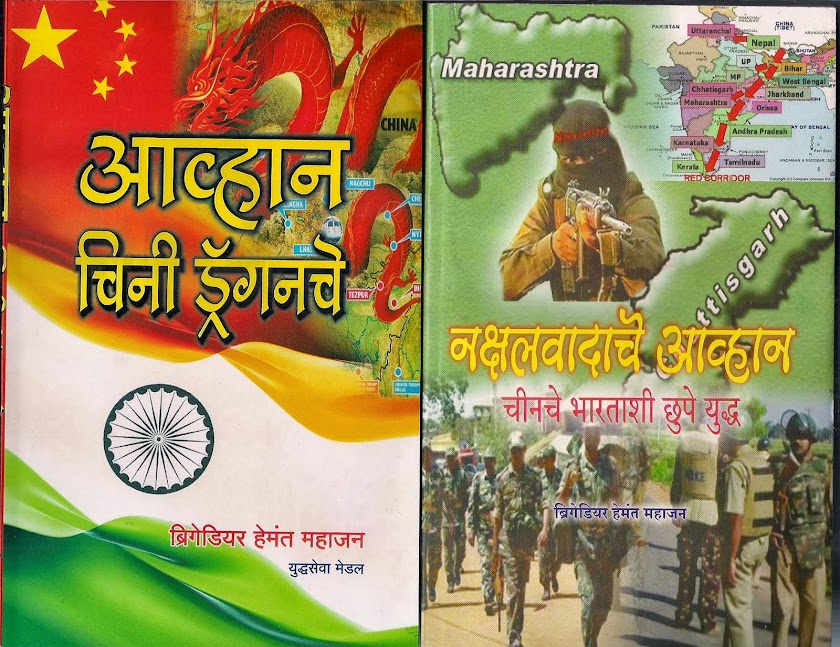A death on screen
BY BILAL BALOCH, JUNE 10, 2011  Friday, June 10, 2011
Friday, June 10, 2011

On Wednesday, a young man was pitilessly killed in the heart of Karachi by state security forces. The repugnant moment was caught, in its entirety, on camera, and broadcast across the country and online.
In broad daylight, beside a park named after assassinated Prime Minister Benazir Bhutto, the youth is dragged by his hair and thrown to a gang of Rangers (paramilitary police forces). Tall, weeping, and clothed in jeans and a t-shirt, he wipes his brow in anguish. The Rangers surround him. "Who will do it?" they suggest with their eyes to one another. They tease and test the boy's will by pointing their rifles at him. The youth pleads, bending down to touch their feet. He wants mercy, but clemency is out of stock here. One Ranger steps forward, menacingly, looking directly into the eyes of the youth, and presses his G3 rifle into his neck. But he withdraws, giving his target a moment more to cry, to beg, knowing, that these few seconds of life are a loan: "I am helpless... don't kill me brother," he pleads. The pack encircles 18-year-old Sarfaraz Shah, and two Rangers, ostensibly protectors of civilians, shoot two bullets into the teenager's shuddering legs and hands. He lay there, in a pool of claret-colored blood and dust, trembling, crying desperately for help. The Rangers leave him to die.
Journalists, bloggers, and writers of all stripes have been reporting about the increasing violence in and around Karachi for some time. Often, however, such reports are constructed in the imagination. We write from witness testimonies and conjure up how events unfolded. While these accounts have given our stories due alarm, press journalism here could not have captured the unbounded shock and innate horror that the video showing Shah's torturous death has. And perhaps, for the first time in a long time, among a people who are divided among a variegation of indicators, such as wealth, ethnicity, political preference, the reality of how brutish some security personnel in Karachi can be has now been witnessed in its true form, across the board.
An immediate effect of the video has been a ripple of shock and anguish that has passed through the country. Yesterday, Prime Minister Syed Yousaf Raza Gilani announced on the floor of the National Assembly that he would personally look into the matter of Shah's killing; and vitriol spewed from politicians, like Minister of State Sheikh Waqas Akram, who said the Rangers behind the incident should be killed on the street. A bit much, one may feel, but it captures the public mood. Today, Supreme Court Chief Justice Iftikhar Chaudhry said that the incident was enough cause for both the head of the Rangers in Sindh province and the Police Inspector General in Sindh to tender their resignations. Such reactions would not have occurred, unfortunately, had it not been for the video. The people of Pakistan are furious and disgusted, and willing to show this widely through social media, as well as in the streets of Karachi. And though boiling emotion may surface daily pertaining to all sorts of matters in Pakistan, this catastrophe has evidently drawn a sentiment of unique sorts, given the detail in the footage. People want heads to roll, and demand immediate answers. Chief among them is the reason why the Rangers are even in Karachi.
The Rangers traditionally safeguard Pakistan's border areas. Therefore the challenges they are trained for differ quite significantly than those witnessed daily within the confines of a cosmopolitan city such as Karachi. Yet, at least in the time that I have been working in the city, I have seen large intimidating vehicles thundering around some of the most beautiful and bustling parts of the city, filled with the ferociously daunting -- and fully armed -- Rangers. Historically, the Rangers have been commissioned by the federal government but paid by the province, who request the rangers to aid provincial police when necessary. And, if anarchy emerges, or chaos increases, then the Rangers are given jurisdiction to use their weapons. This is what happened earlier this year when Interior Minister Rehman Malik gave shoot-on-sight orders for bandits and extortionists in order to restore peace in Karachi and provide a sense of security to city's business community.
Yet unless a twist of Herculean proportions emerges soon, it will be hard to imagine that Shah was a threat to the security of Karachi or its business community, even if, as the security forces assert, he was stealing from people in the park. This is a city where criminals carry grenades and Kalashnikovs, where targeted killings occur almost daily, and where small levels of street violence can touch off street battles.
In many countries, no less in Pakistan, written accounts can be falsified and people made to be liars. This video of a callous murder, however, speaks for Shah, and the actions of his killers, from beyond the grave.
Bilal Baloch is a graduate student at the Fletcher School of Law and Diplomacy at Tufts University. He is currently conducting field research in Karachi

No comments:
Post a Comment